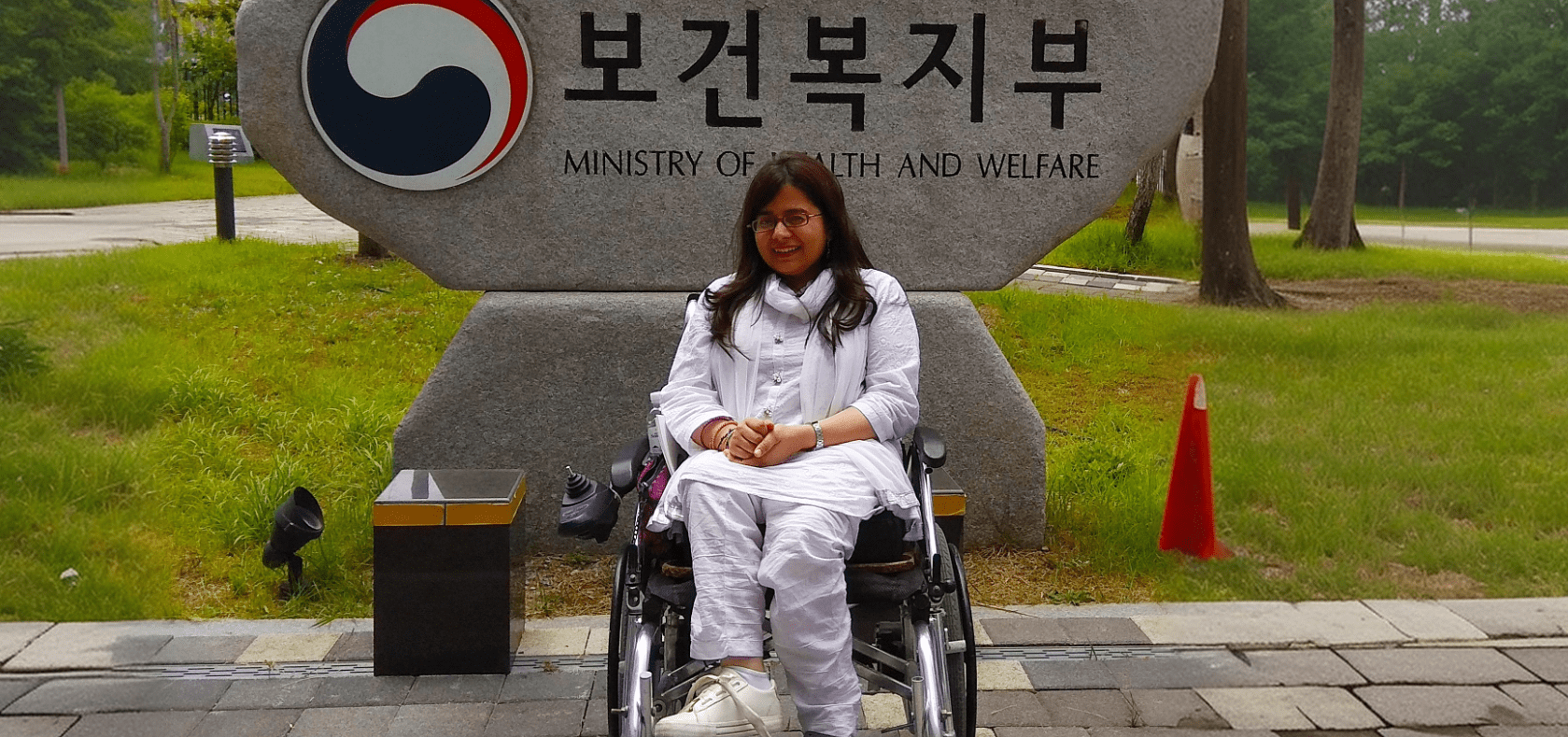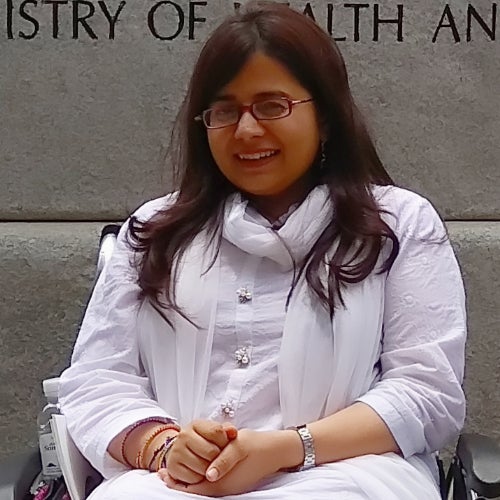Beijing+30 Youth Blog: Empowering women with disabilities in Pakistan
Date:
Author: Tayyaba Arsit

When we talk about equality, we envision a society where everyone, regardless of gender or abilities, has the same opportunities to thrive. In Pakistan, however, this vision remains a distant reality for many women with disabilities.
The Addressing Stigma, Discrimination, and Violence against Women with Disability project done in 2022-2023 by United Nations Development Programme, UN Women, and United Nations Partnership on the Rights of Persons with Disabilities, revealed a grim situation in Pakistan: only 24 per cent of women with disabilities surveyed were aware of their human rights; 53 per cent were excluded from or denied access to educational and skills training opportunities; and over 65.5 per cent struggled to access transport services and public places.
The Beijing Declaration and Platform for Action emphasized the need for gender equality and the empowerment of all women, including those with disabilities. It outlines strategic objectives that align closely with the issues important to me, such as ensuring equal access to education, employment and health care. However, the lived experiences of women with disabilities in Pakistan indicate that much more needs to be done. For instance, 50 per cent of women with disabilities were denied access digital communication means such as computers, the internet and mobile phones. This digital divide further marginalizes them in an increasingly connected world.
Moreover, the Addressing Stigma study highlighted the pervasive nature of violence against women with disabilities. A staggering 67 per cent of respondents experienced verbal abuse and 46 per cent experienced physical abuse, often inflicted by family members. Such violence not only violates their fundamental human rights but also perpetuates their social exclusion.
I believe the Government of Pakistan can address these issues by:
- Launching nationwide awareness campaigns to educate women with disabilities about their rights, strengthening legal frameworks to protect them from violence and discrimination, and ensuring strict enforcement of laws
- Implementing inclusive education policies that provide accommodations and support for women with disabilities, promoting vocational training and employment opportunities, and ensuring that workplaces are accessible and inclusive
- Investing in accessible digital technologies and infrastructure and ensuring that public transport and spaces accommodate the needs of women with disabilities, so they can be mobile and independent
- Conducting regular sensitivity training for communities and service providers to challenge stereotypes and reduce stigma, and encourage positive representation of women with disabilities in the media and public discourse
- Establishing specialized support services, including shelters and counselling, for women with disabilities who are survivors of violence, and creating safe reporting mechanisms that are accessible and responsive to their needs.
The recent policy dialogue on the Addressing Stigma project marks a significant step towards tackling these issues. By fostering collaboration between the government and private sectors, such initiatives can drive the systemic changes needed to create a more inclusive society.
Biography:

Tayyaba Arshi, 35, woman on wheels, advocates for disability rights and is Social Inclusion Officer with United Nations Development Programme and a National United Nations Volunteer Specialist based in Pakistan. She holds a master’s degree in business administration and is involved in community outreach programmes.
